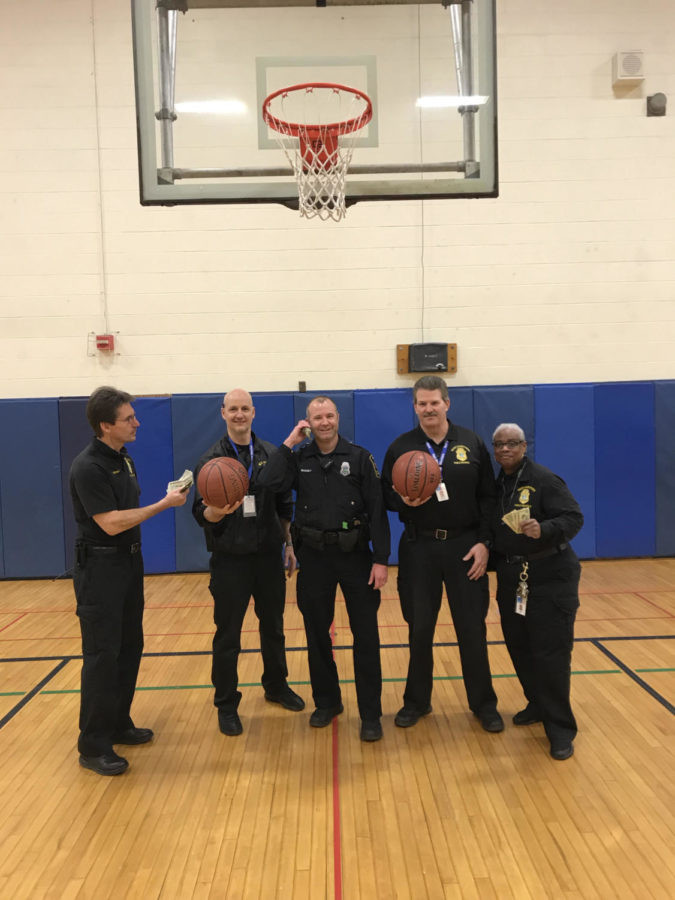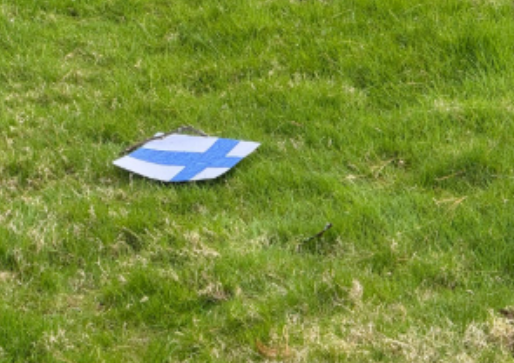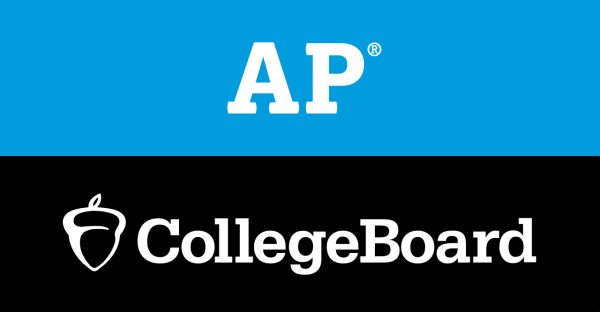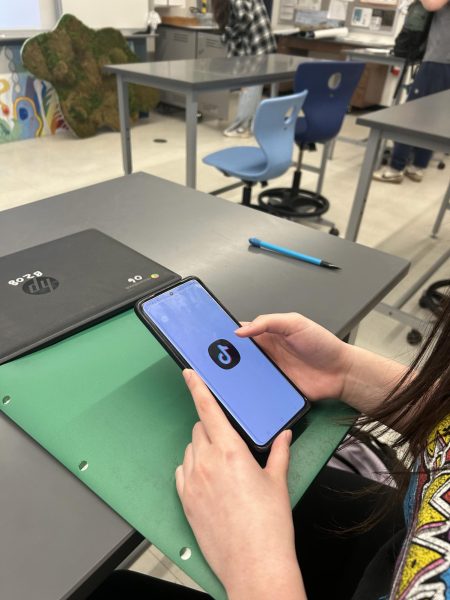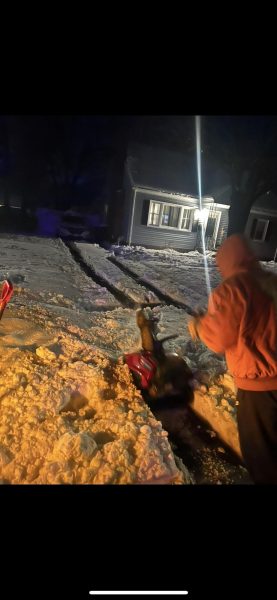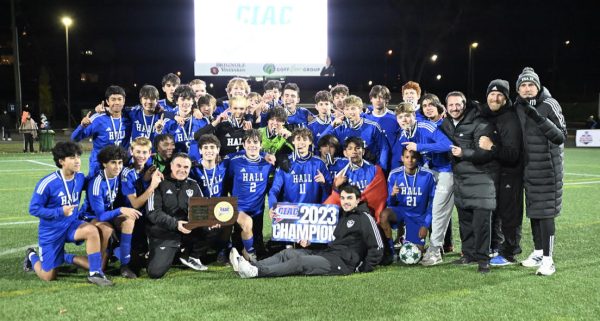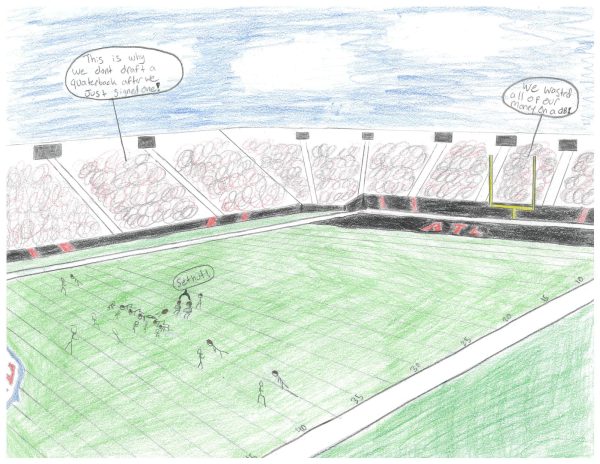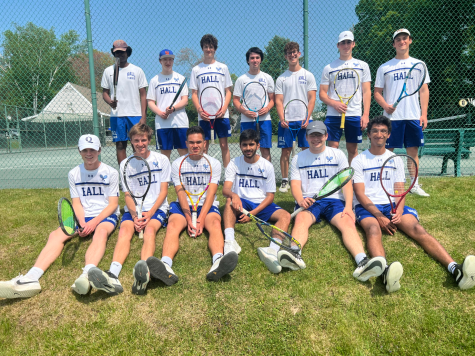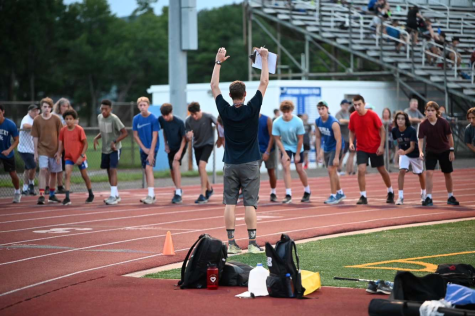To Pay, or Not to Pay
Multiple Division I NCAA teams were recently investigated by the FBI for illegally paying collegiate athletes to play at their schools. Some of these schools are the University of Louisville, Auburn University, Oklahoma State University, University of Arizona, University of South Carolina, University of Southern California, University of Alabama and University of Miami.
According to a New York Times article written in June of 2017, former Director of Basketball Operations at the University of Louisville “had provided strippers and prostitutes to players and recruits in a campus dormitory over several years.” After an investigation had taken place, the NCAA suspended head coach Rick Pitino for the first 5 games of Atlantic Coast Conference play for the following season. In addition, the University was forced to forfeit 123 of their victories, in which ineligible players competed, including their 2013 National Championship.
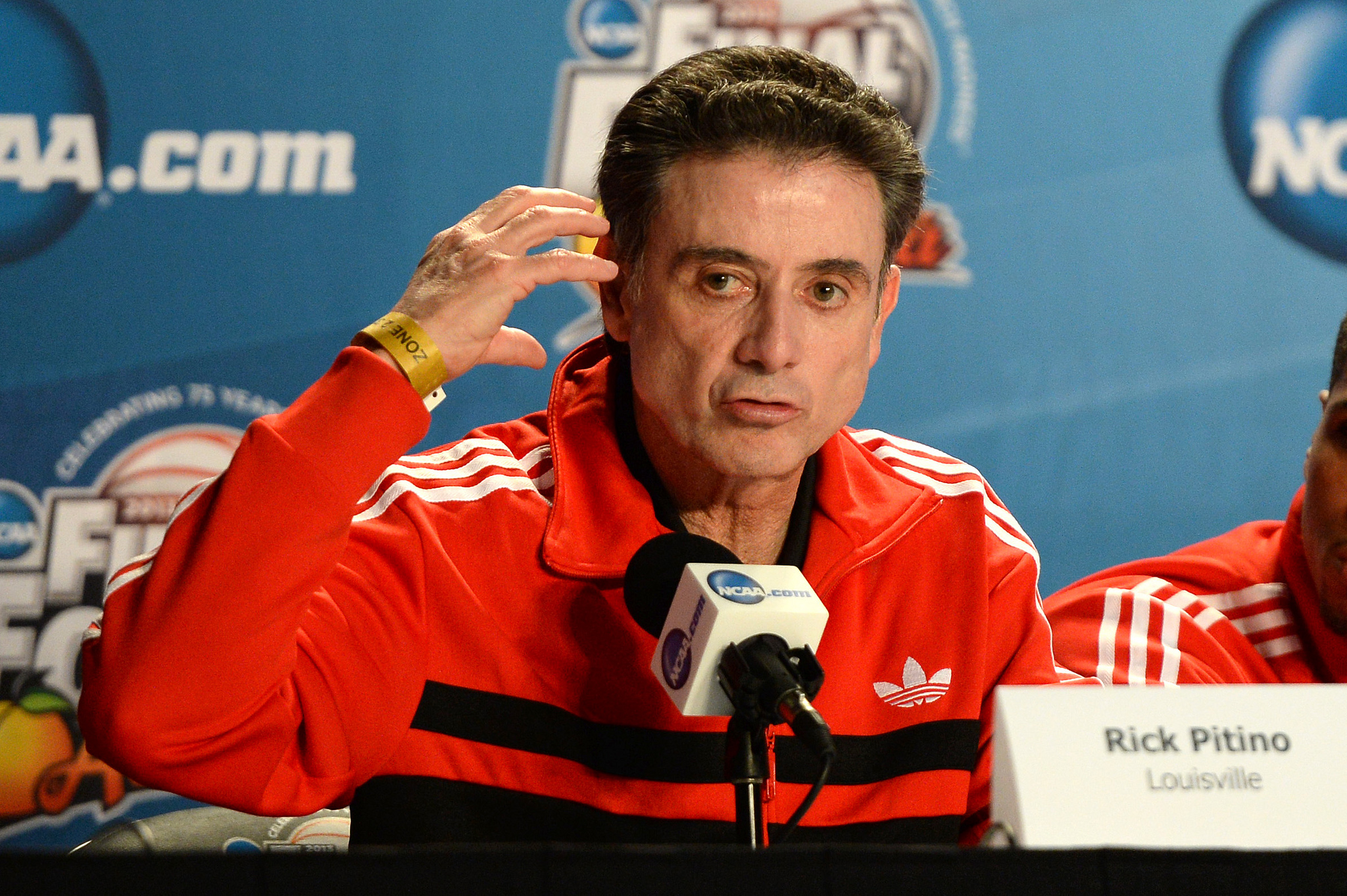
SBNation stated, a few months later, following further investigation, the University of Louisville’s Athletic Association “officially voted to fire men’s head basketball coach Rick Pitino ‘with just cause’ amid a federal investigation that saw 10 people arrested, accused of corruption and taking bribes”..
According to multiple sources, University of Arizona star, DeAndre Ayton, was paid $100,000, in addition to full tuition, to play for the school. Ayton added fire to an already roaring debate about whether college athletes at the Division 1, 2 and 3 levels should be paid.
Some people who said no, argued the athletes are already given a great deal in scholarship money. Hall’s School Resource Officer, James Mahoney, stated, “their education, their housing, their food is all being paid for, so I think that is enough payment on its own.” He continued to explain that “If they are going to school to play that sport, and the school is paying for them to be there, it’s enough. Anyone else that goes to that school is paying for everything, and has to get a part time job to help handle the expenses.” Later Mr. Mahoney went on to say if the players want to make money, they should get an education and then get a job.
School Security Guard Jose Rivera was also present during the interview. He believes, “most of the time you should do it because you love it, obviously with the goal of becoming a professional but at that level, you should just to it for the pure love of the game.”
Future student athlete at Dartmouth University, Chase Jeter, was also interview on the subject. When asked if college athletes should be paid, Chase stated, “every Division 1 program, except for Ivy League schools, can grant scholarships to a minimum of 25% of their education”. He then went on to say, “even though this money isn’t spending money such as cash or a check, it doesn’t mean their receiving some sort of compensation”.
Chase was also asked on how the recruiting process would change if college athletes could be paid. He said, “it would become more corrupt.”
Later in the interview, Chase continued explaining how private schools would have more money to spend then public schools. Therefore, public schools would have a harder time recruiting as it is almost certain a teenage kid would commit to a school that could pay them more money.
People who thought college athletes should be paid came at the argument from many angles. Multiple people stated since these athletes are dedicating tons of time to the school, they deserve to be compensated for their time.
Erik Bergvik, a former division 2 football player at Central Connecticut State University and current English Teacher at the school, believes “college athletes in major conferences and prime time sports should be paid.” When asked about Division 2 and 3 athletes, Bergvik stated he does not think they should be paid because “division 2 and 3 programs, football and basketball included, aren’t the revenue generators [like] major division 1 programs are.”
The 2018 NCAA basketball tournament tipped off on Thursday, March 15th after the selection committee decided on the field of 64 teams that will receive an opportunity to claim a National Championship.
The selection committee has received a lot of backlash this year for leaving out multiple teams that had strong resumes. Oklahoma State, University of Louisville, and the University of Southern California are among those that were snubbed the worst. And coincidentally, all of these teams are under investigation for paying players.

